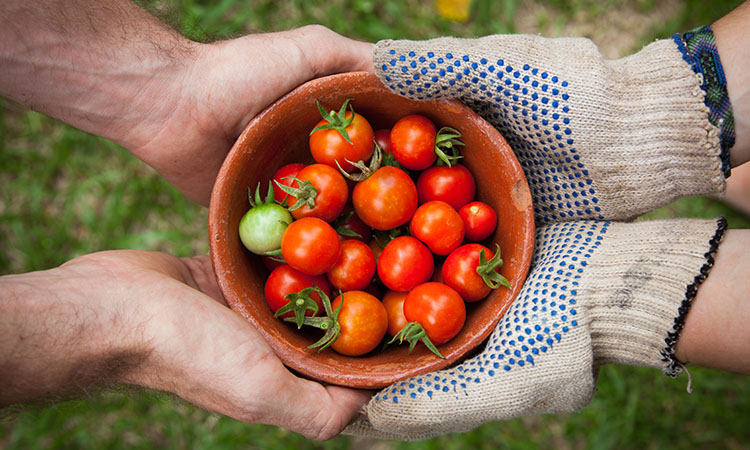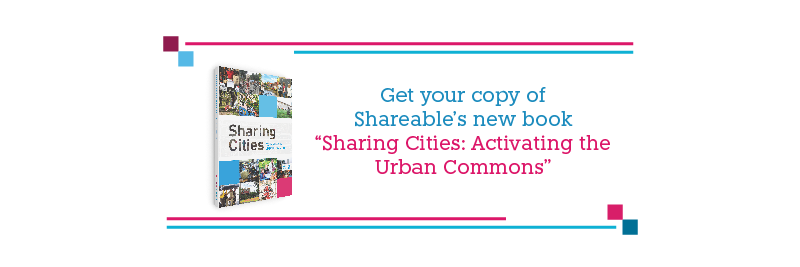This article was adapted from our latest book, "Sharing Cities: Activating the Urban Commons." Download your free pdf copy today.
In cities across the world, urban agriculture is increasing access to local healthy food, connecting communities, and creating local jobs. On Aug. 7, 2014, San Francisco was the first city in California to establish an urban agriculture incentive zone (UAIZ), as permitted by state Assembly Bill 551, to address two large obstacles faced by farmers and gardeners — access to land and secure land tenure. This act allows owners of vacant property within San Francisco to apply for tax reduction in exchange for putting their land into agricultural use for at least five years. The law includes a number of requirements that ensure community development and resource sharing. For example, in order to qualify for tax reductions, property owners must include in their urban farm or gardening plan some interface with the public, through either distribution or sales of food; educational activities such as classes and workshops; or that the site will be used as a community garden with members other than the property owner's family.
To ensure its best application, an agricultural commissioner is appointed to review the plan and to conduct annual inspections. Another interesting feature of the law is that it limits the use of pesticides and/or fertilizers to those that meet organic standards. San Francisco's Recreation and Park Departments is involved to help coordinate community outreach, education, and the application process. The UAIZ law makes healthy food more accessible, lessens landowners' tax burden, creates jobs, makes use of vacant lots thus reducing blight and crime, and in general helps regenerate communities.
View the full policy here.
Learn more from:
Header image provided by Elaine Casap on Unsplash










